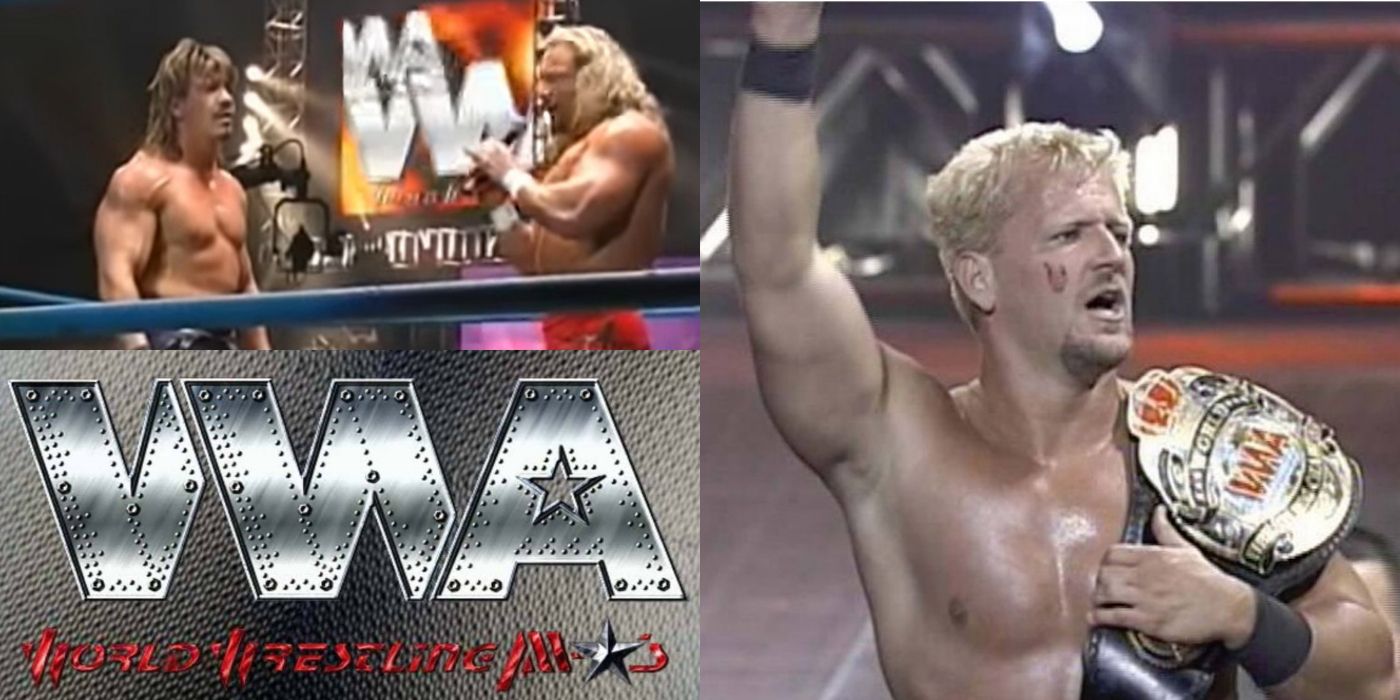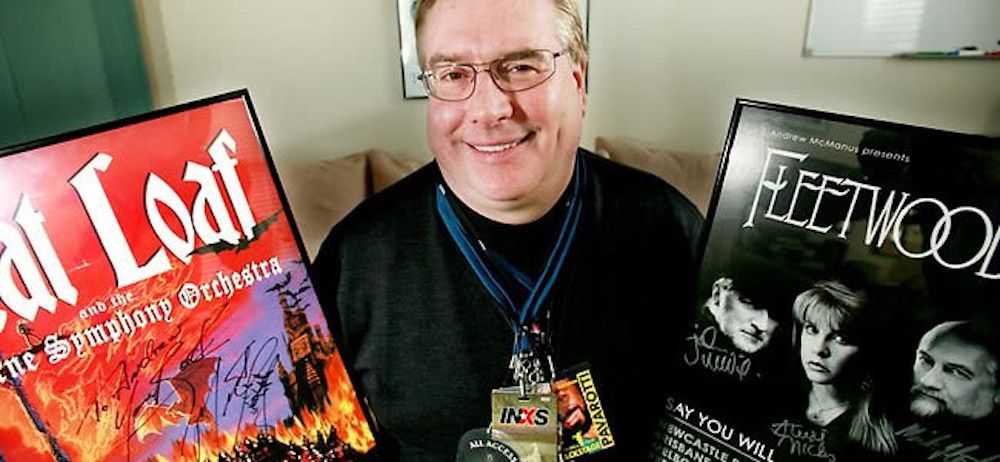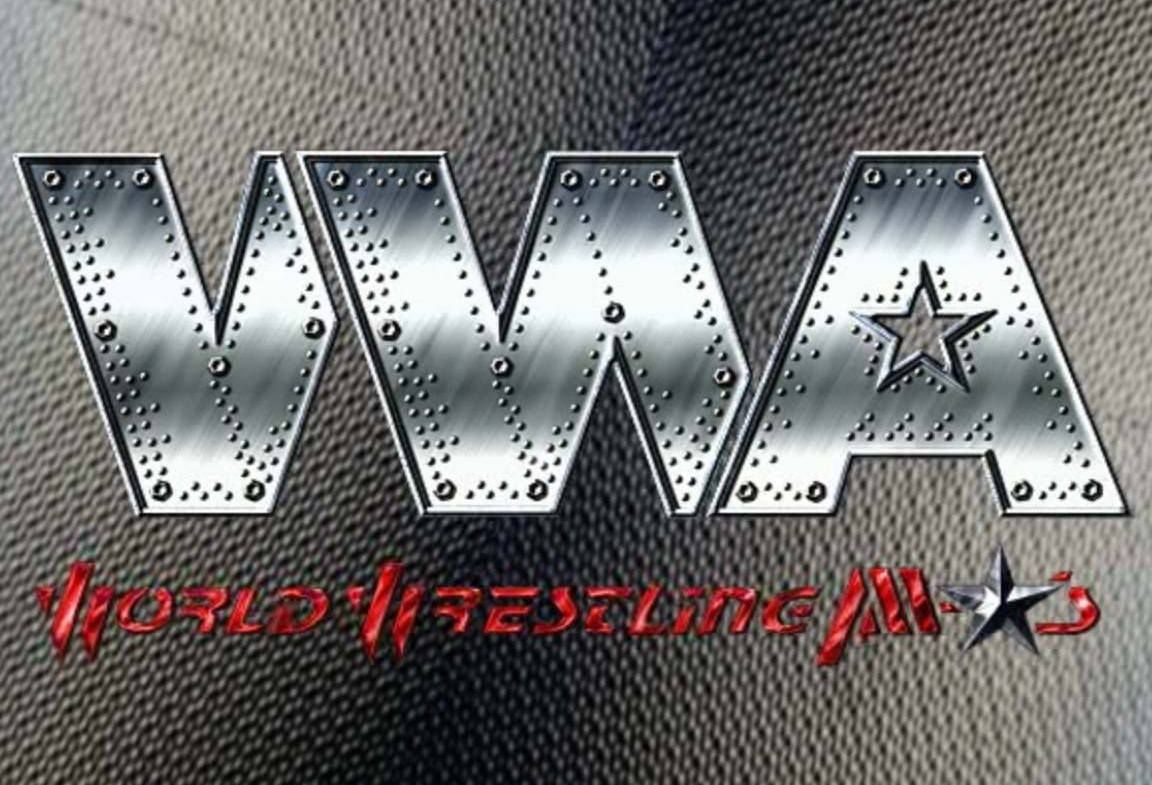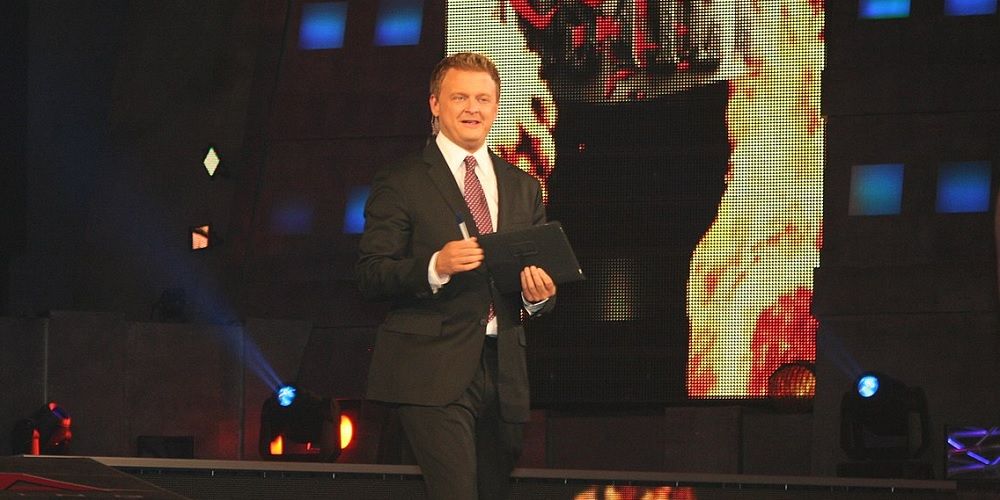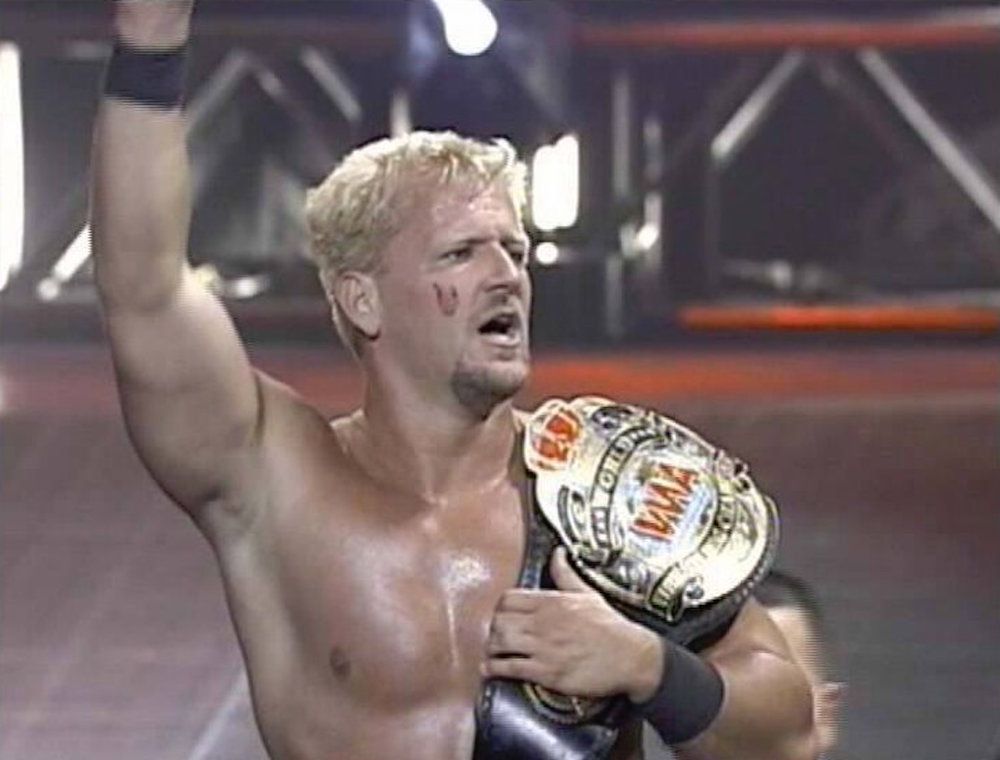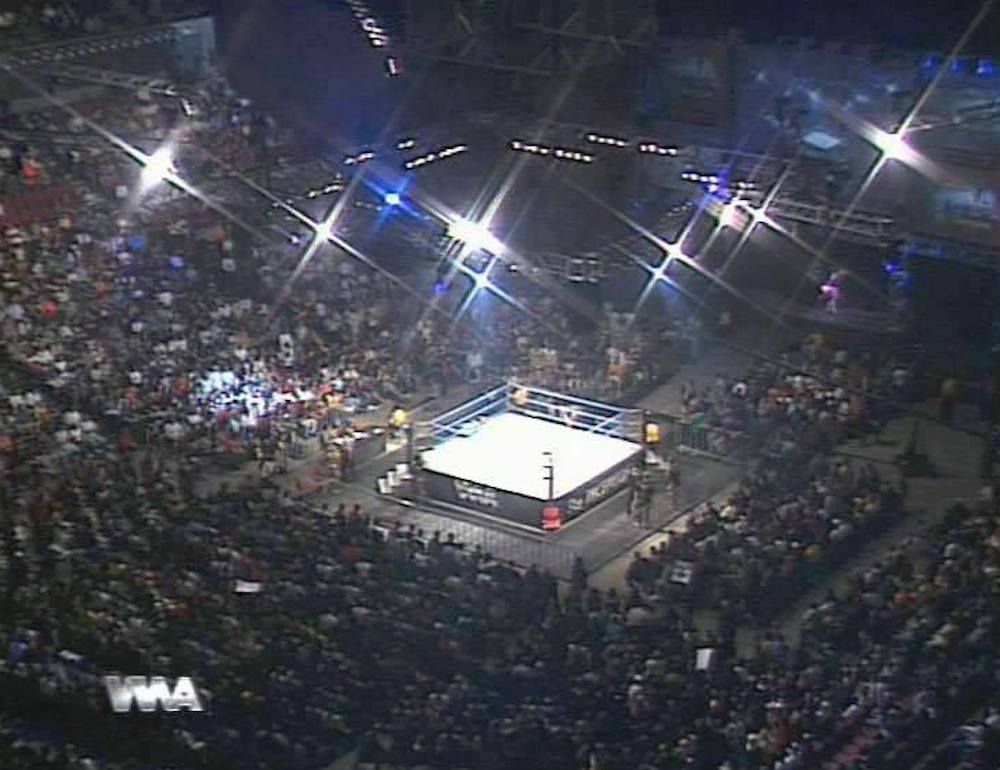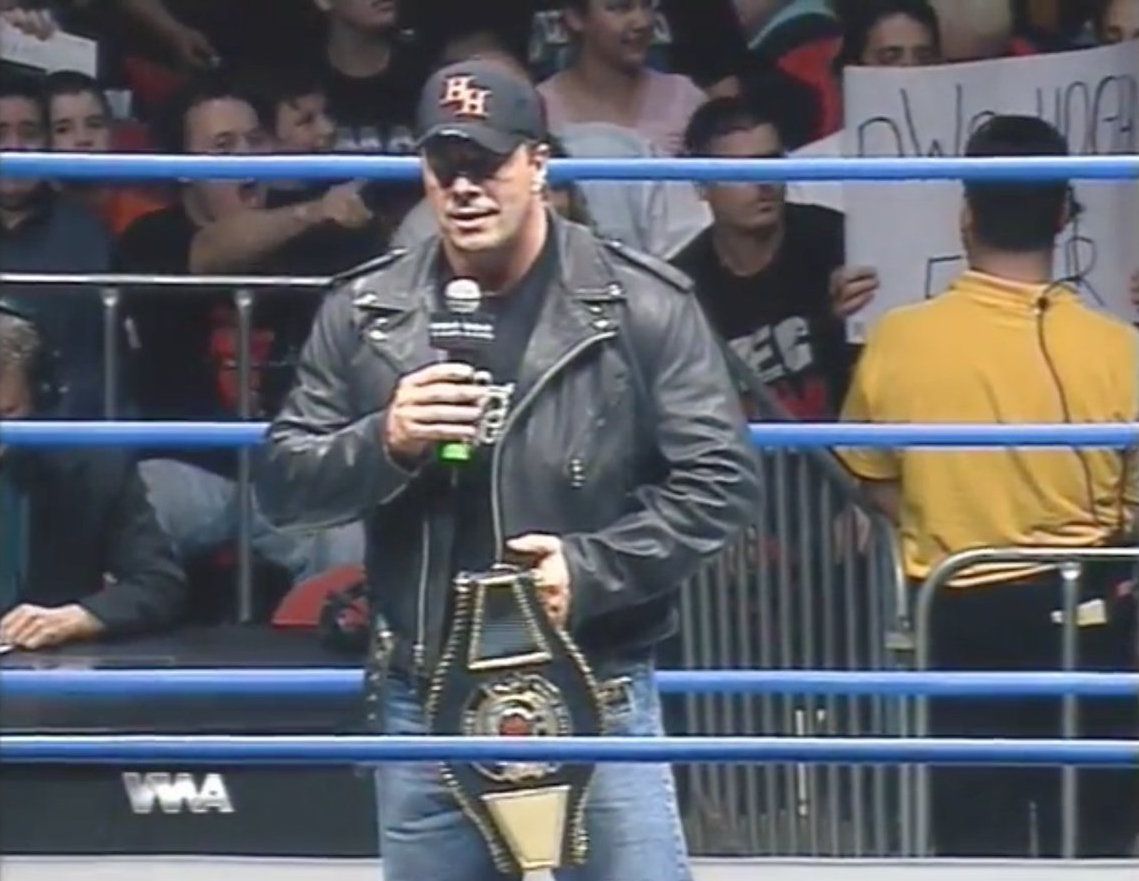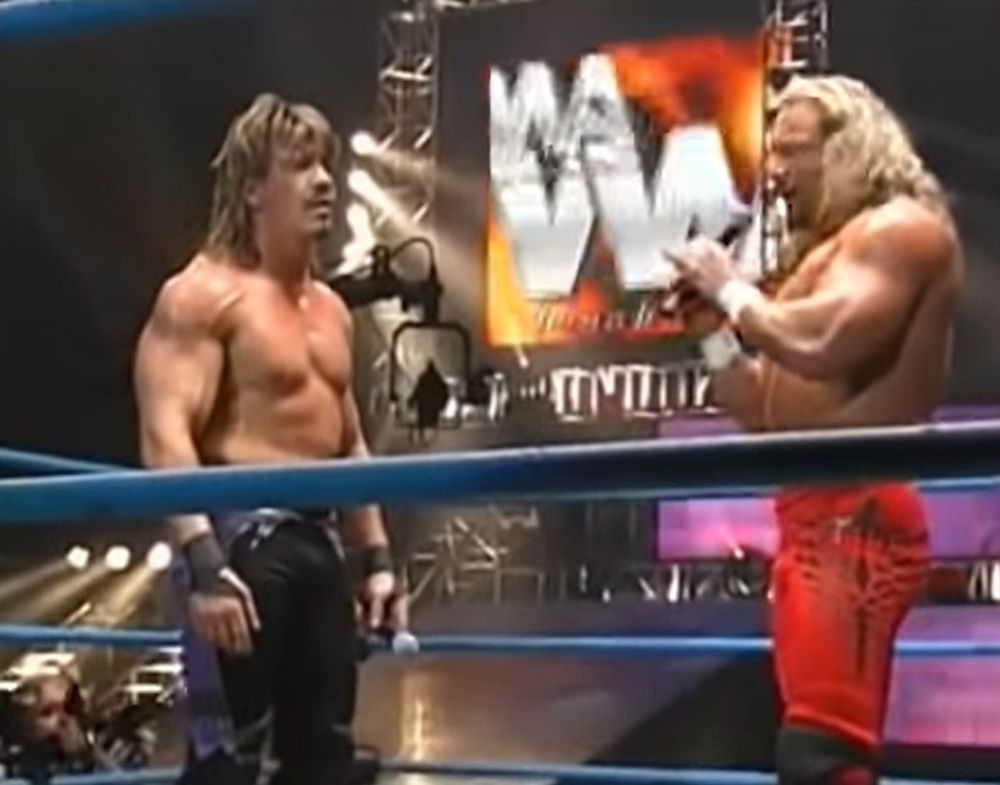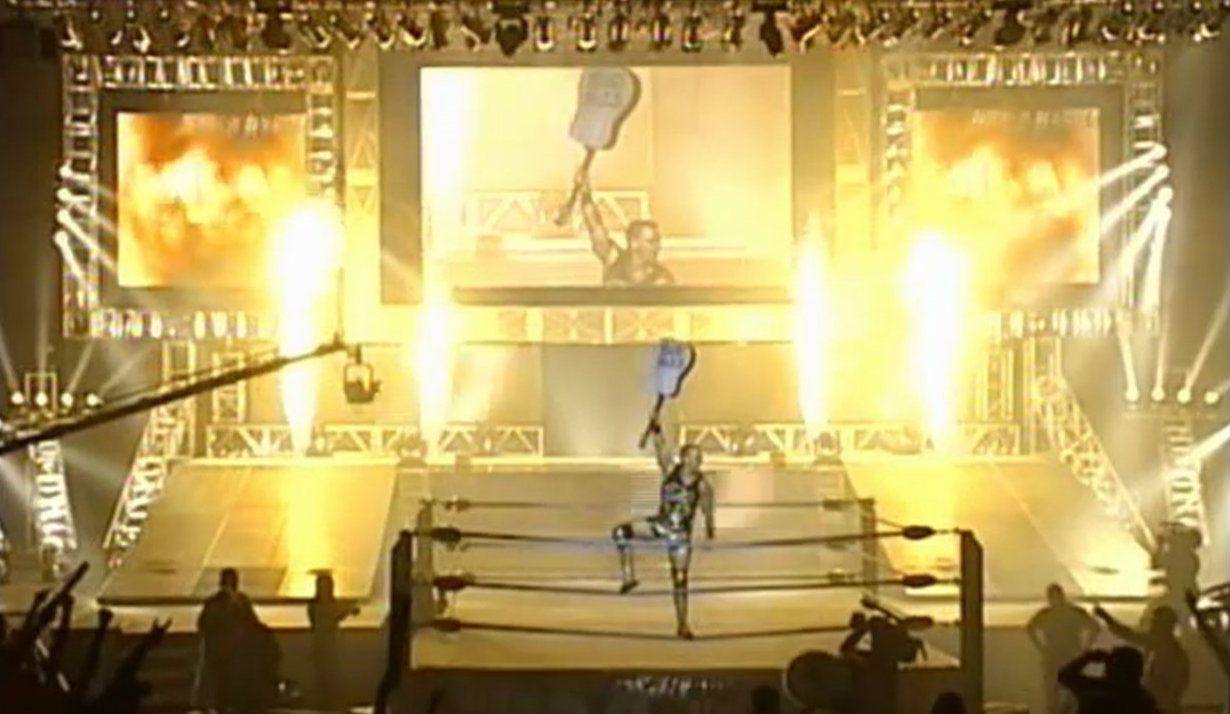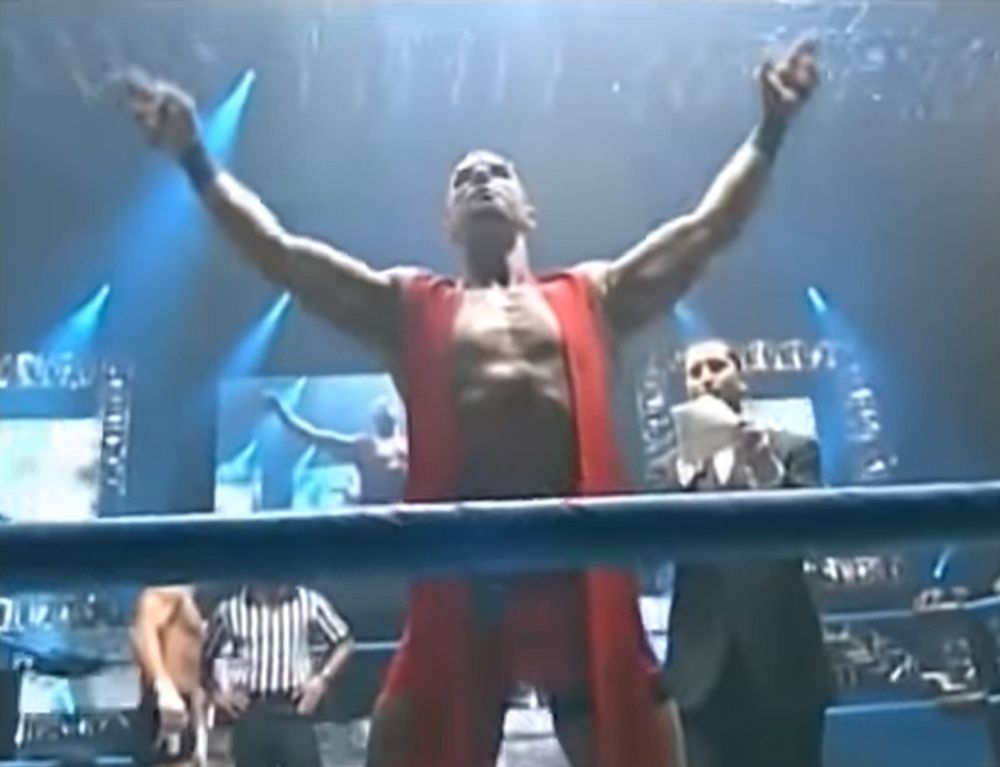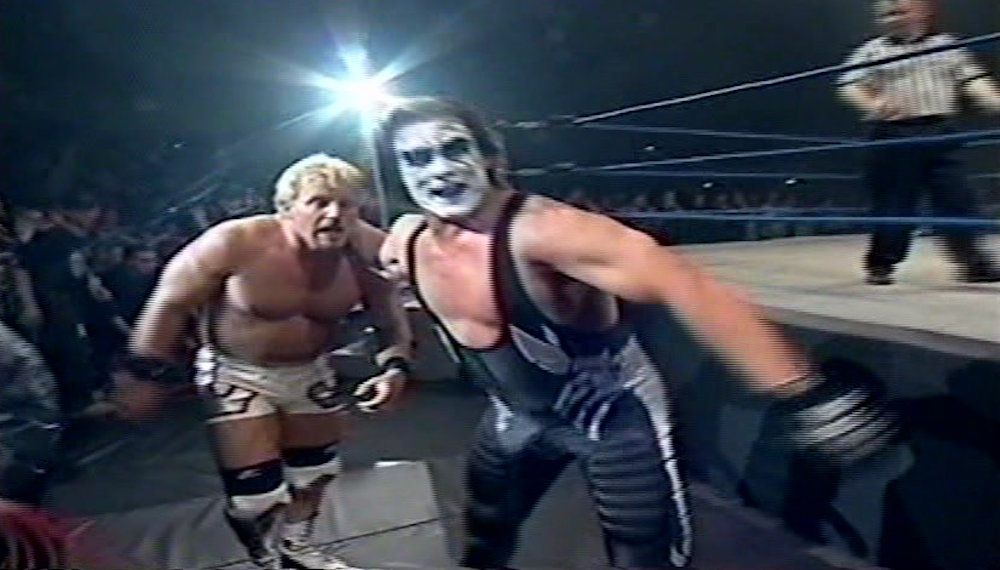Unfortunately, not every company can be like WWE, Impact Wrestling, or New Japan, and enjoy decades of longevity and a rich history. The history of wrestling is full of notable but defunct promotions, with examples being Mid-South Wrestling, Lucha Underground, the American Wrestling Association, and World Championship Wrestling. Less talked about, however, is World Wrestling All-Stars.
Founded in 2001, WWA only lasted a few years and failed to reach the heights it strived for, but it’s definitely worth knowing about, as it popped up at an interesting time in pro wrestling history and had the potential to be a big deal. Let’s take a look at the brief history of World Wrestling All-Stars.
10 Founded By Andrew McManus
The man behind World Wrestling All-Stars was Andrew McManus, who wasn’t previously part of the pro wrestling business when he founded the company. Rather, McManus was a successful concert promoter in Australia who worked with well-known acts like KISS, Whitney Houston, and Aerosmith, and noticed there was a huge market for wrestling when WCW had a sellout tour of the country in the year 2000. Seeing an opportunity, McManus founded WWA, launching the promotion with a house show in Perth, Australia.
9 Attempted To Make Up For the Loss of WCW & ECW
The year 2001 was a major turning point in pro wrestling, as two major promotions ceased operations during the first half of the year as ECW aired its final PPV in January and WCW’s purchase by WWE was announced on live television in March. Many attempted to fill in the void left by those two promotions, including Ring of Honor and TNA (now known as Impact Wrestling being major ones). WWA sought to be the successor to WCW, as it hired many wrestlers who weren’t scooped up by WWE — Jeff Jarrett, Shane Douglas, Lex Luger, and more — as well as WWE castoffs like Road Dogg.
8 Hired Jeremy Borash
Initially World Wrestling All-Stars tapped former WWE and WCW writer Vince Russo to work for the company as booker, but when Russo found out it required packing up his family and moving to Australia, he declined. Instead, he recommended a young, up-and-coming WCW co-worker, Jeremy Borash, for the job.
Willing to move to Australia, Borash worked as booker and head of talent for WWA. Over the course of his career, Borash would prove to be a major talent in the business, working as a writer, commentator, ring announcer, video editor, and backstage interviewer.
7 Titles Were Frequently Vacated
One thing that defined WWA during its two-year run is instability. A start-up promotion with no TV deal to speak of, the company was frequently undercut by WWE’s vast resources in poaching talent, and later by Impact Wrestling when it started up (see below). As a result, it was not uncommon for a performer to win a title — even the WWA World Heavyweight Championship — only to later vacate it once a bigger company hired them. Such instances happened to Scott Steiner, Eddie Guerrero, and AJ Styles.
6 Not Limited To Australia
Despite the company’s base of operations being in Australia, World Wrestling All-Stars didn’t limit itself to “the land down under.” While its first tour and inaugural pay-per-view happened in Australia, it wasn’t long before WWA began holding shows internationally, starting with a tour of the British Isles, putting on events in England, Scotland, Wales, and Ireland. Before shutting down in 2003, WWA also put on events in mainland Europe, the United States, and finally New Zealand, while also returning to Australia.
5 Had Three Authority Figures Over The Course of Two Years
Despite not having a TV deal, World Wrestling All-Stars clearly attempted to do what televised wrestling promotions did, including having an on-screen authority figure. However, because of the aforementioned instability and wrestlers coming and going, WWA would go through three over the course of two years. To start, the retired Bret Hart was coaxed to return to the wrestling business to be WWA’s commissioner, followed by Sid Vicious, and finally Mike Sanders, who was previously a commissioner in late-period WCW.
4 Ran Five PPVs
World Wrestling All-Stars mostly toured and didn’t have a weekly TV show, but the promotion still managed to put on five pay-per-views during its existence. The first, titled The Inception, was held in Australia and mostly featured a tournament to crown a new Heavyweight Champion, the title having been vacated so everyone could fight for it on the PPV.
Following pay-per-views followed the same naming convention:The Revolution, The Eruption, The Retribution, and finally The Reckoning, two of which deserve their own sections below.
3 Ran Only One US Show
Over the course of its brief run, World Wrestling All-Stars only successfully put on one event in the United States, The Revolution, its second pay-per-view. Held in Las Vegas, The Revolution opened with an exciting six-way cruiserweight elimination match and was promoted with a main event of Jeff Jarrett defending the WWA World Heavyweight Title against Macho Man Randy Savage. However, Savage no-showed the event due to a pay dispute, so Brian Christopher (a.k.a. WWE’s Grandmaster Sexay) filled in for Macho.
2 Showcased Some Up And Comers
World Wrestling All-Stars mostly relied on WCW talent but managed to emulate the promotion as far as showcasing up-and-coming wrestlers, particularly in its cruiserweight division. Along with mainstays like the aforementioned Juventud Guerrera and Psicosis, WWA featured Christopher Daniels and Low-Ki — both fresh off of main eventing the inaugural Ring of Honor show — future Impact mainstays like Frankie Kazarian, Shark Boy, and AJ Styles, and underrated indie talent Nate Webb. Outside of the cruisers, WWA also pushed Australian heavyweight Nathan Jones, who briefly wrestled for WWE and later showed up in movies like Mad Max: Fury Road.
1 The Final PPV Was A TNA Crossover
Ultimately, the WCW-shaped hole in the pro wrestling business would be filled by Impact Wrestling, and leading to World Wrestling All-Stars’ final pay-per-view. Held in Auckland, New Zealand, The Reckoning was actually co-promoted with Impact Wrestling, and featured two title unification matches between the two companies. First came a four-way where X Division Champion Chris Sabin unified his belt with Jerry Lynn’s WWA International Cruiserweight title, followed by a main event where NWA World Heavyweight Champion Jeff Jarrett beat WWA World Heavyweight Champion Sting.

